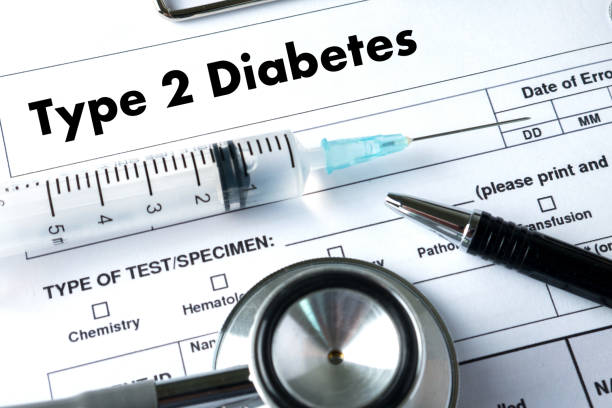This article breaks down the findings in an easy-to-understand manner, ensuring you’re well-equipped with knowledge to make informed decisions.
The Keto Diet and Cancer: A New Hope
Imagine a diet that could slow down the growth of cancer tumors. That’s where the ketogenic diet comes into play. This diet, characterized by high fat and low carbohydrate intake, has shown promise in inhibiting cancer growth.
Researchers from the Cancer Science Institute of Singapore (CSI Singapore) and Cold Spring Harbour Laboratory conducted this study, shedding light on the intriguing link between what we eat and how it affects cancer.
A Unique Approach: Keto Diet and Dexamethasone

Image from iStock
What’s even more intriguing is the combination of the ketogenic diet with a steroid hormone called dexamethasone. This combination doesn’t just slow down tumor growth; it also helps counteract a condition called cachexia.
Cachexia involves the loss of muscle and fat, and this combination approach offers hope in managing it. The study, published in the scientific journal Cell Metabolism in June, brings to light the potential of dietary changes in treating cancer.
Cancer’s Sweet Spot: Dependence on Glucose

Image from iStock
Cancer cells are like sugar lovers – they depend on glucose (sugar) for their rapid growth. Professor Ashok Venkitaraman, one of the researchers, explains that cancer cells use up a lot of sugar to fuel their growth. This led to the idea that by depriving them of sugar, we might slow them down.
Balancing Act: Benefits and Risks
However, the keto diet isn’t a straightforward solution. The study found that while it slows cancer growth, it can also speed up cachexia, a condition common in cancer patients that leads to muscle and fat loss. Not only that, the keto diet can affect hormones and various parts of the body.
Addressing Hormone Imbalances
The study also found that the keto diet could cause hormone imbalances. But there’s a silver lining – researchers discovered that by giving certain steroids to mice, like dexamethasone, they could delay the onset of cachexia and help the mice live longer.
Untangling the Connection: Diabetes, Cancer, and Metabolism

Image from iStock
Researchers are also exploring how diabetes and cancer are linked. They’ve noticed that Type 2 diabetes is connected to specific types of cancer, such as breast and pancreatic cancer. By understanding how these diseases are connected, scientists hope to prevent and treat cancer more effectively.
Navigating Dietary Choices for Cancer
While the keto diet shows promise in cancer treatment, it’s important to remember that it’s not a one-size-fits-all solution. Professor Venkitaraman emphasizes the need for more research to understand the pros and cons of dietary changes in cancer treatment. As parents, being aware of these developments equips you with valuable insights into potential treatments for the future.
 Together Against RSV
Together Against RSV SG60
SG60 Pregnancy
Pregnancy Parenting
Parenting Child
Child Feeding & Nutrition
Feeding & Nutrition Education
Education Lifestyle
Lifestyle Events
Events Holiday Hub
Holiday Hub Aptamil
Aptamil TAP Recommends
TAP Recommends Shopping
Shopping Press Releases
Press Releases Project Sidekicks
Project Sidekicks Community
Community Advertise With Us
Advertise With Us Contact Us
Contact Us VIP
VIP Rewards
Rewards VIP Parents
VIP Parents
